Featured
How Maldivian tourism can survive Covid-19

By Sonu Shivdasani
The Maldives appears to have dodged a bullet. With just 19 cases of the novel coronavirus at the time of writing (with 13 people having already made a full recovery), the country is in an enviable position. As the United States and Europe groan under the strain of major outbreaks, with tens of thousands of deaths, the Maldives looks forward to completely eradicating the virus within a few weeks.
In some respects, the Maldives is lucky. The archipelago straddles the equator, where temperatures rarely dip below the high 20s. We know the virus doesn’t like heat, and it’s notable that the only major contagions have occurred in cold countries, during winter. The Maldives’ unique geography also lends itself towards containment: The government can, and has, rapidly shut down islands and resorts when a suspected case has emerged. If people test negative, the island is immediately reopened. If someone tests positive, the entire island is placed under quarantine to prevent a spread across the country.
But luck has only been the half of it. When other world leaders wasted precious weeks dithering, questioning the science, or dismissing the coronavirus as a hoax, the Solih administration got to work to protect the country: suspending flight routes, conducting widespread testing (the highest per capita testing in South Asia), and eventually closing the border completely. In a country wholly dependent on foreign tourism, the Government’s willingness to act decisively, in spite of the huge economic cost, almost certainly saved lives.
During the pandemic, the government also found its voice. The daily televised briefings by Mabrook Azeez, an undersecretary at the President’s Office, have been clear, consistent and comforting. The contrast with President Trump’s erratic and misleading press conferences couldn’t be starker.
But the question remains: if the Maldives is soon to be virus free, and contemplating reopening its borders, how best to do it? The last thing the country needs is a flood of infected tourists descending upon Hulhulé, forcing another costly shut down.
A good place to start might be with the super-rich. Beginning the process of opening up by allowing private jets to land has a number of advantages: there are few passengers onboard, who can be immediately isolated in the airport’s VIP lounge and tested for the virus upon arrival. If they test negative, they can go on their way. If they test positive, they can proceed to one of the resorts that have been converted into (arguably the world’s nicest) quarantine and isolation centres. Key to this will be rapid testing kits, that can deliver a result in minutes rather than days.
High end clients spend large sums of money compared to other tourists, so even allowing in a few private jets generates considerable revenues. Soneva has received around 20 enquiries from people who would like to travel to the Maldives by private jet. They intend to stay in our resorts for upwards of a month, to escape lockdowns back home. Although they amount to less than a couple of hundred people, these guests will likely spend around $5 million in total, generating some $600,000 in GST for the government.
Looking further ahead, the Maldives will need to start reopening commercial air routes. But testing a handful of private jet passengers at the airport is one thing, testing hundreds of people descending an A350 is quite another. The Maldives will probably begin opening direct flights to other coronavirus-free countries. China looks like a good bet, having all but wiped out the virus. It also has the advantage of being the Maldives’ biggest tourism market, with a number of existing direct flight routes, operated by Maldivian or Chinese carriers, between the two countries. At the moment, however, all Chinese tourists returning from abroad have to spend 14 days in quarantine in China – not a particularly attractive prospect for would-be tourists. The Maldivian government will have to work with its Chinese counterpart on a bilateral agreement, that allows Chinese tourists returning home from the Maldives to avoid quarantine.
Similar arrangements will have to be made with other countries. It might help to categorise them: “A” group countries could be those, like the Maldives, that have completely eradicated the virus. There is no reason not to operate direct, commercial flights between such destinations. “B” group countries might be those with very few remaining active cases — the Maldives might allow flights to and from such countries, but with added precautions. Then there are the “C” group countries with high numbers of cases — where the Maldives should keep in place travel restrictions.
The Maldives has avoided a coronavirus outbreak, although the economic price has been severe. In order to avoid the collapse of its tourism industry, however, the country must now plan to re-open. If the government approaches this challenge with the maturity and competence with which it has handled the crisis thus far, the Maldives may be spared much of the economic, as well as the human, pain of this pandemic.
Editor’s Note: This op-ed was originally published on Linkedin by Sonu Shivdasani. Sonu is the founder and CEO of Soneva, which owns luxury resorts Soneva Fushi and Soneva Jani in the Maldives, and Soneva Kiri in Thailand.
Awards
Constance Halaveli and Constance Moofushi earn top scores in 2026 Booking.com awards
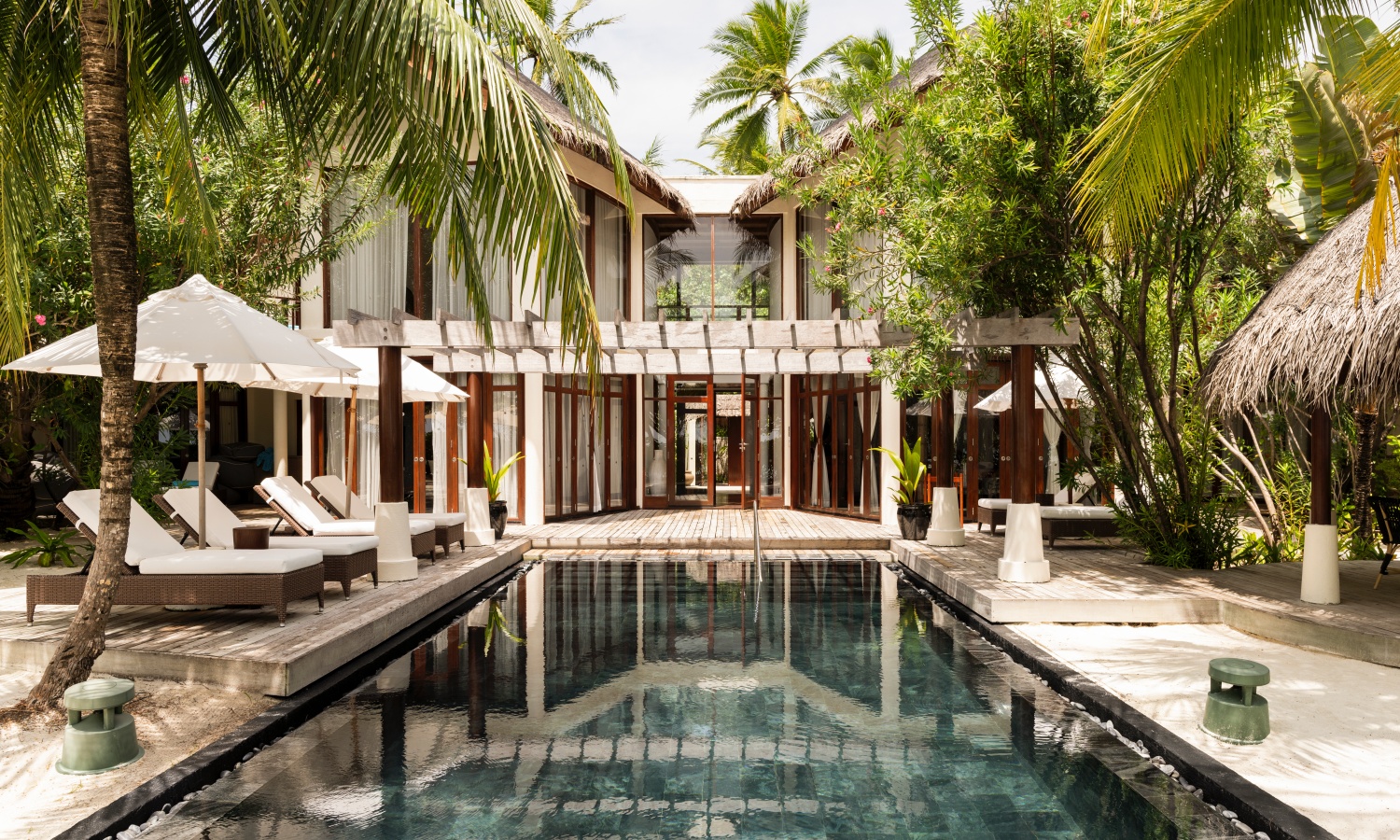
Constance Hospitality has been recognised in the 2026 Traveller Review Awards by Booking.com, with its Maldivian resorts achieving some of the highest scores within the group’s portfolio.
In the Maldives, Constance Halaveli Maldives received an outstanding score of 9.8 out of 10, while Constance Moofushi Maldives achieved 9.7. The ratings, based on verified guest reviews, reflect consistently high levels of guest satisfaction and service delivery.
Constance Halaveli Maldives, known for its spacious overwater and beachfront villas, personalised service and refined dining concepts, continues to perform strongly among travellers. Constance Moofushi Maldives, positioned as a barefoot chic resort with an all-inclusive concept, also maintains a high guest approval rating, supported by its diving experiences and relaxed island atmosphere.
While the wider Constance portfolio across the Indian Ocean was recognised, the Maldives properties stand out as the group’s highest-rated resorts in the 2026 awards cycle.
Commenting on the recognition, Jean-Jacques Vallet, Chief Executive Officer of Constance Hospitality, stated that the awards reflect the professionalism and commitment of the teams on the ground. He added that guest feedback remains central to maintaining service standards and delivering consistent experiences across the group’s destinations.
The recognition reinforces the position of Constance Halaveli Maldives and Constance Moofushi Maldives as leading performers within the Maldives’ competitive luxury hospitality sector.
Featured
Year of the Horse celebrations across Sun Siyam’s Luxury, Privé and Lifestyle resorts
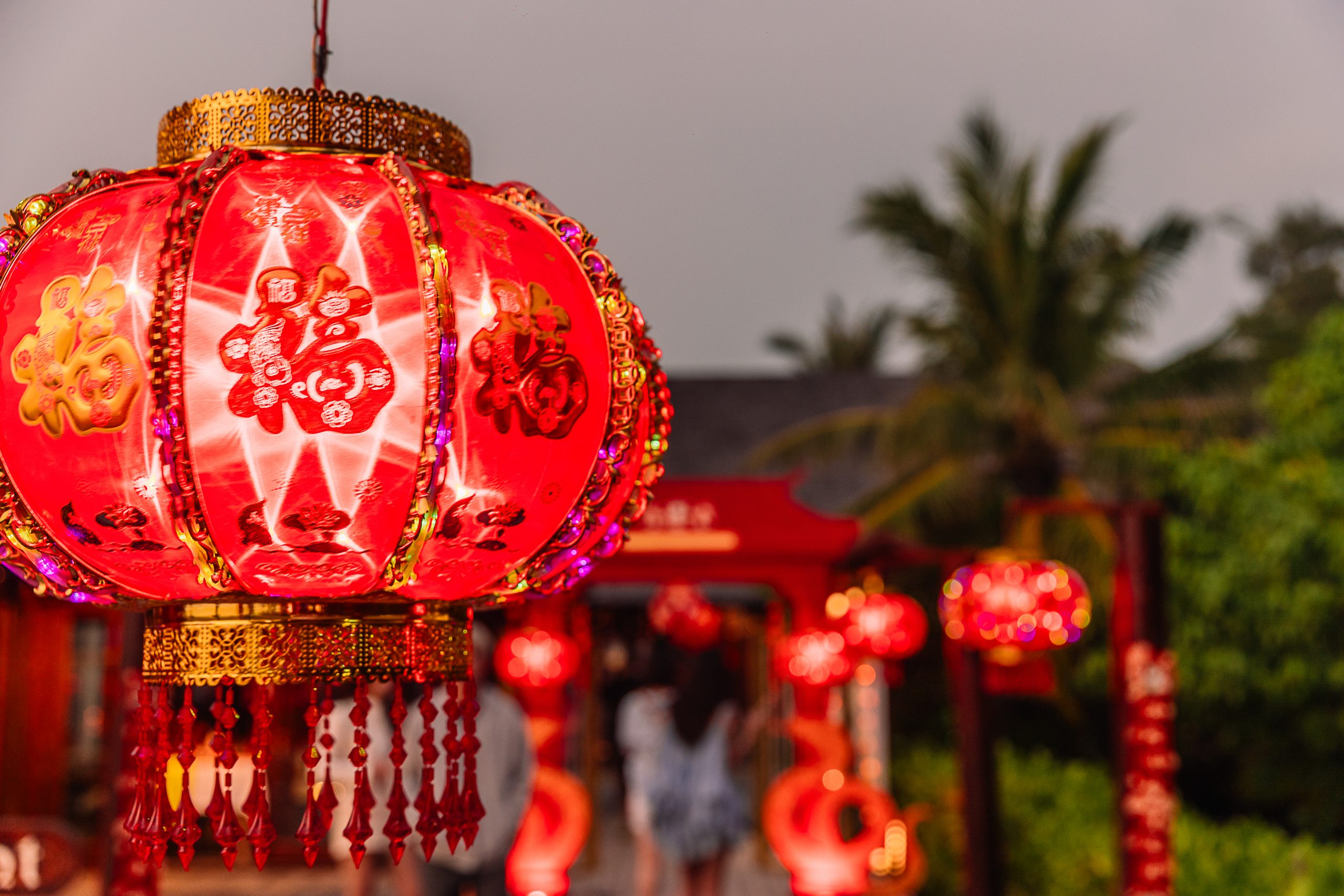
Sun Siyam Resorts is marking the Lunar New Year across its Luxury, Privé and Lifestyle collections with a coordinated programme of cultural experiences, festive dining, music and family-focused activities from 15 to 20 February 2026. Celebrating the Year of the Horse, each resort’s programme reflects its individual character while embracing the spirit of renewal and togetherness associated with the season.
Siyam World – Lifestyle Collection
At Siyam World, Lunar New Year celebrations combine cultural heritage with contemporary island energy. A highlight of the programme is a live showcase featuring Chinese-inspired DJ sets paired with the traditional guzheng, creating a fusion of electronic rhythms and classical melody. Performances by the Chaozhou Shantou lion dance troupe add further cultural depth, with guests invited to observe, participate and learn traditional movements.
Sun Siyam Olhuveli – Lifestyle Collection
Sun Siyam Olhuveli is presenting a relaxed Lunar New Year programme shaped by traditional symbolism and island living. Throughout the week, the resort will host family-friendly cultural activities, traditional performances and live music. Red-themed décor and festive elements will set the tone, while dragon displays and cultural showcases bring movement to the island’s central spaces. The celebrations peak on 16 and 17 February with performances by DJ Slim Belghith, whose international sound will accompany evening festivities.
Sun Siyam Iru Veli – Privé Collection
At Sun Siyam Iru Veli, the Year of the Horse will be marked through a programme that combines cultural traditions with family-oriented experiences. The Kids Club will host themed activities including red envelope crafting, lantern making, zodiac-inspired art and traditional games. The Fire Horse Pool Party at Chemistry will bring families together with music and refreshments. Dining highlights include hot pot lunches and dinners, along with a dedicated Chinese section titled “Flavours of Fortune” at the Aqua Orange buffet. Guests may also enjoy seasonal spa treatments at Ocean Spa designed to promote balance and renewal.
Sun Siyam Vilu Reef – Privé Collection
Sun Siyam Vilu Reef will conclude its celebrations with a Grand Spring Gala Dinner featuring international cuisine alongside Chinese specialities. The evening includes a traditional lion dance performance, filling the island with movement and symbolic gestures intended to welcome prosperity and good fortune.
Sun Siyam Iru Fushi – Luxury Collection
At Sun Siyam Iru Fushi, Lunar New Year celebrations will blend Chinese traditions with Maldivian island experiences. Dining features include beachfront seafood platters, Blue Lobster barbecues and traditional hot pot dinners, complemented by chocolate, cheese and champagne tastings.
Younger guests may take part in dragon dance workshops and lantern painting sessions, while signature resort experiences such as Sunset Jet Car rides, Cinema by Moonlight on a private boat and floating breakfasts add further variety. Evening turndown moments incorporate local Maldivian touches, reflecting the resort’s approach to cultural exchange. With 15 dining venues, family-oriented villas and dedicated adults-only spaces, the resort’s programme is designed to accommodate a broad range of guests.
Commenting on the celebrations, Ahmed Naufal, Group Director of Business Development, noted that China remains an important market for Sun Siyam. He stated that the Lunar New Year celebrations provide an opportunity to honour Chinese traditions while delivering experiences consistent with the group’s standards of hospitality.
Across its Maldivian portfolio, Sun Siyam Resorts presents Lunar New Year as a season of cultural appreciation, shared celebration and renewal by the sea.
Action
LUX Tennis joins St. Regis Maldives Vommuli to expand active lifestyle programme
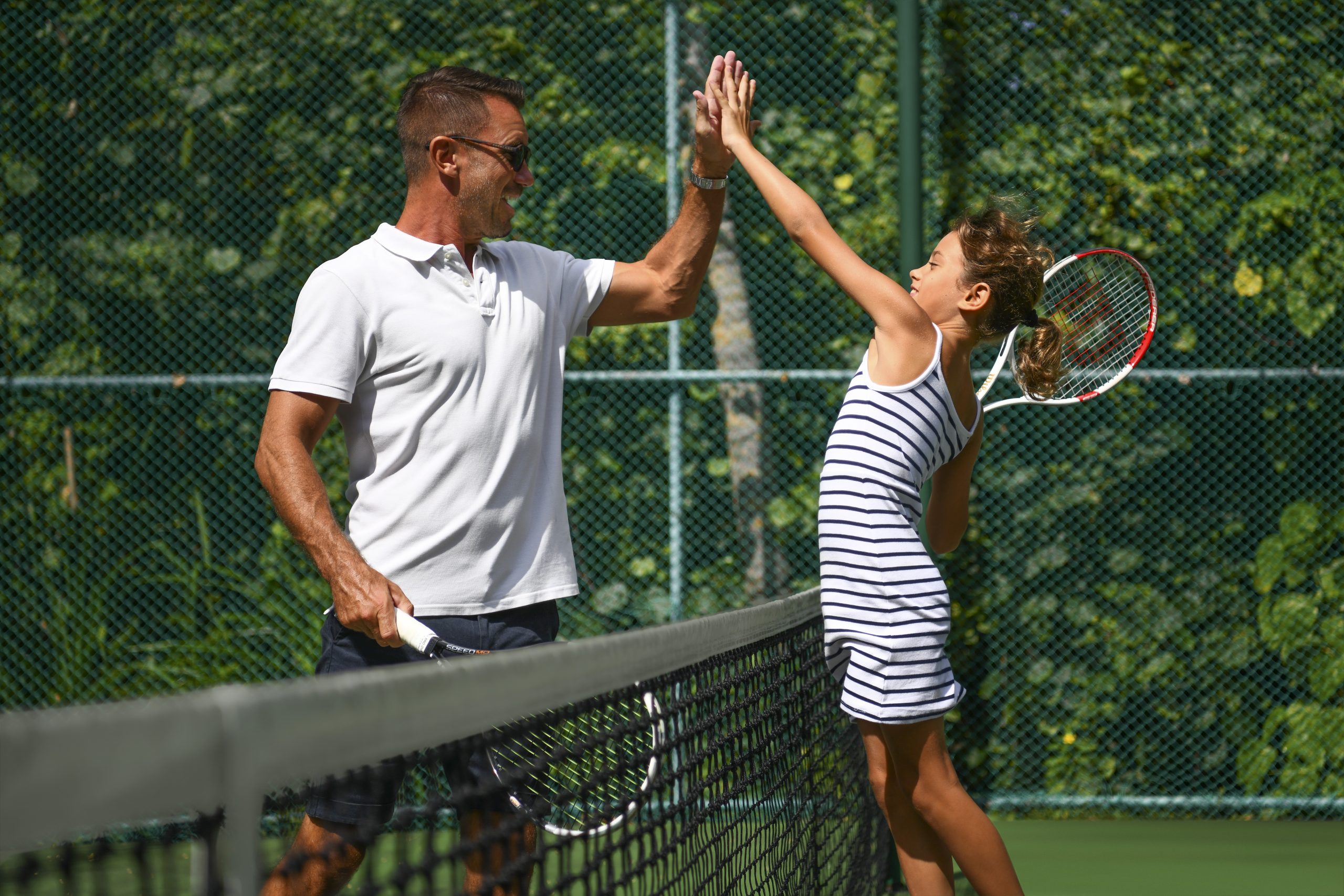
St. Regis Maldives Vommuli Resort has announced a partnership with LUX Tennis, strengthening the resort’s established tennis offering and introducing plans for a new padel court. The collaboration expands the resort’s active lifestyle programme, with a particular focus on families and multi-generational travel.
The St. Regis brand draws on the legacy of the Astor family, founders of the original St. Regis New York, whose Gilded Age lifestyle celebrated refined leisure and sporting pursuits. Tennis, in particular, became a symbol of elegance within the Astor social circle, reflecting a culture shaped by hospitality, recreation and sophistication. This heritage continues across the St. Regis portfolio today, where classic sports remain an integral part of the brand’s identity.
Set within the resort’s private island environment, the enhanced LUX Tennis programme is designed to elevate on-island tennis experiences for guests of all ages and skill levels. The programme features expert-led coaching, bespoke clinics and visiting residencies by internationally recognised professionals, offering guests opportunities to train, play and engage with elite talent in an accessible and inspiring setting.
Confirmed visiting professionals include Angelique Kerber, three-time Grand Slam champion and former world number one, who will visit from 29 to 31 March 2026, and Feliciano López, former Spanish champion with a career-high singles ranking of world number 12, scheduled from 16 to 17 May 2026.
The expanded tennis programme is designed to integrate seamlessly with island life, offering everything from relaxed family matches and junior-friendly coaching to more focused sessions for experienced players. Activities are structured to complement time spent at the beach, spa experiences and family dining.
The St. Regis Maldives Vommuli Resort features 77 beachfront and overwater villas, each with a private pool, alongside facilities such as the John Jacob Astor Estate, the largest overwater three-bedroom villa in the Maldives. Guests also have access to the award-winning Iridium Spa, six dining venues and a private yacht available for charter, reinforcing the resort’s positioning as a destination for both leisure and active pursuits.
-
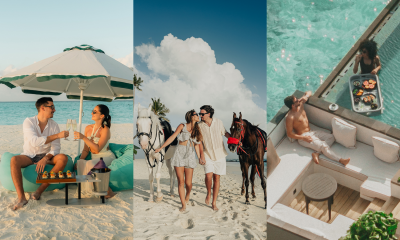
 Featured1 week ago
Featured1 week agoSun Siyam Resorts marks Valentine’s season with multi-resort celebrations
-
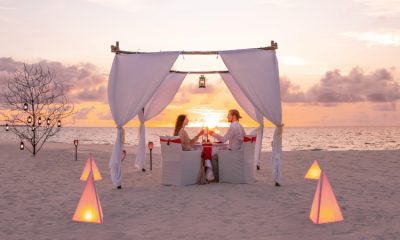
 Featured1 week ago
Featured1 week agoCoco Bodu Hithi and Coco Palm Dhuni Kolhu curate distinct Valentine’s escapes
-
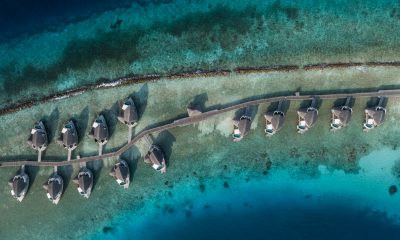
 News1 week ago
News1 week agoJW Marriott Maldives Resort & Spa invites families to celebrate Eid Al-Fitr in island luxury
-
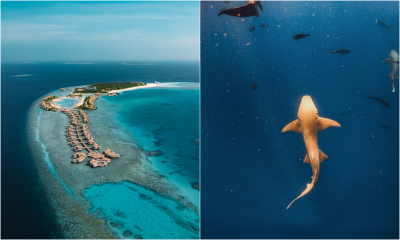
 Action1 week ago
Action1 week agoInterContinental Maldives Maamunagau Resort launches ‘Swim with Nurse Sharks’ experience
-
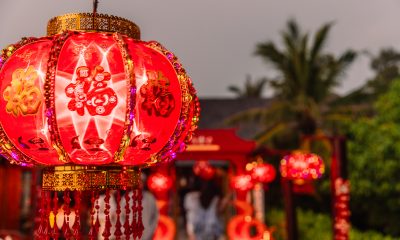
 Featured5 days ago
Featured5 days agoYear of the Horse celebrations across Sun Siyam’s Luxury, Privé and Lifestyle resorts
-
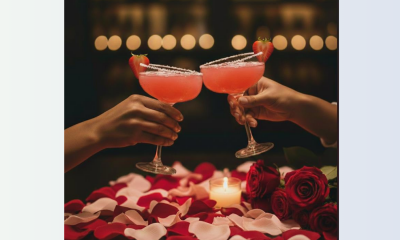
 Love6 days ago
Love6 days agoAzur rooftop at JEN Maldives sets stage for Valentine’s Day dining
-
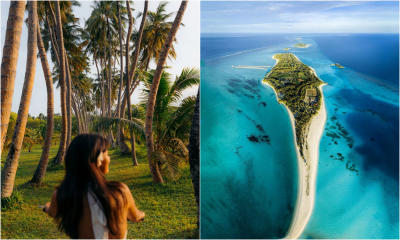
 Awards6 days ago
Awards6 days agoVilla Park secures second straight HolidayCheck Award
-
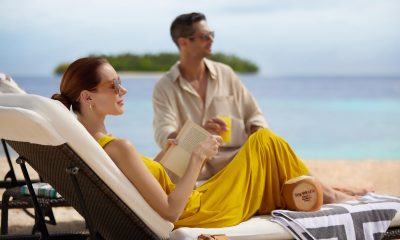
 Love1 week ago
Love1 week agoFrom beachfront dining to spa rituals: Valentine’s Day at The Westin Maldives








